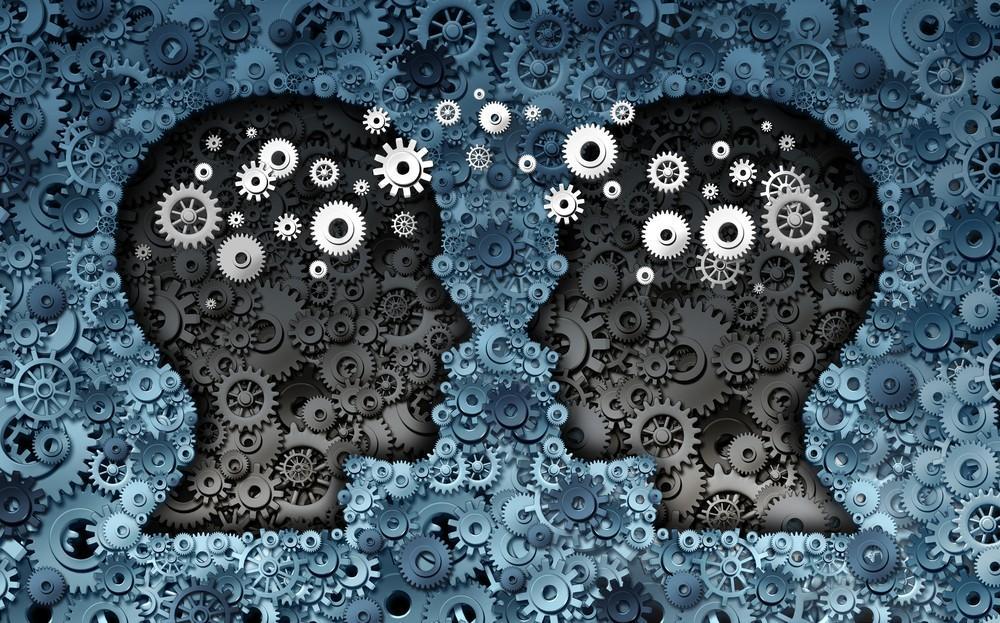Artificial intelligence (AI) systems can be used to improve collaborative learning and enhance the learning experience for students.
Many educators and other experts have found flaws in the current education system. These experts have claimed that the present curriculum fails to focus on relevant life skills that can help in the personal development of students. One of these life skills is communicating and collaborating with other people. Such skills can be taught with the help of modern technologies like AI. Educators are already using AI in education to improve the learning experience. Similarly, educational institutions can use AI to improve collaborative learning. Such solutions can enhance communication skills and the quality of education.
Collaborative Learning with AI
Educators can use AI for collaborative learning in the following manner:
Group Formation
AI can study large volumes of data about every student. This data can include their academic performance, attendance, and style of working. Using such data, AI can divide students into well-balanced groups that can complete different projects. Such groups may include students who have an equal level of understanding about a subject. Else, educators can customize AI systems to form groups that consist of students with different levels of academic performance. This can help students in using their own unique talents in a group. Hence, AI can allow educators to create optimal groups of students for every project. Similar tools can be used in companies to form groups for different projects.
Evaluation of Collaborative Abilities
AI systems can evaluate each student’s degree of collaboration by studying large volumes of data about them. Such systems can generate metrics that can help educators in evaluating the degree of collaboration of each student. Based on this, educators can suggest ways to increase collaboration or correct undesirable trends in the learning processes. As a result, educators can help students in improving their collaborative abilities.
Virtual Agents
AI can be used to create virtual agents that can help students in group projects. These virtual agents can answer student queries and behave like a peer or someone who students can teach. With these applications, virtual agents can help in group projects. Such virtual agents can be quite useful in educational games and online courses. On these platforms, virtual agents can test every student’s understanding of the subject matter by asking questions. Hence, AI-powered virtual agents can make the learning experience more informative and interactive.
Moderation
In group discussions and debates, monitoring the conversations of different groups can be quite difficult. AI systems can monitor conversations of many groups using recording devices. These AI programs can alert educators in case a group’s conversation goes off-topic. For this, AI systems use techniques like shallow text processing and machine learning. And, with continued usage, AI systems keep getting better at moderating group debates. Hence, such systems can simplify the moderation of group debates.
Learning Gaps
Students lagging behind in a lesson or a subject is a common occurrence in schools. The reasons for such learning gaps can be an inability to grasp new concepts, difficulty to study material, or ineffective teaching methods. However, understanding the exact reason can be quite difficult. AI systems can study large datasets to identify struggling students and complexities in the curriculum. For this, AI systems can use Natural Language Processing to analyze the content and context of study materials. Based on this analysis, educators can create personalized learning plans or assignments to bridge learning gaps.
AI-based collaborative learning will improve each student’s communication and collaboration skills, which can be incredibly useful in their professional lives. Along with AI, educators can use AR and VR to offer an interactive learning experience. Such technologies can help educational institutions in improving the quality of education significantly.




Leave your comments
Post comment as a guest